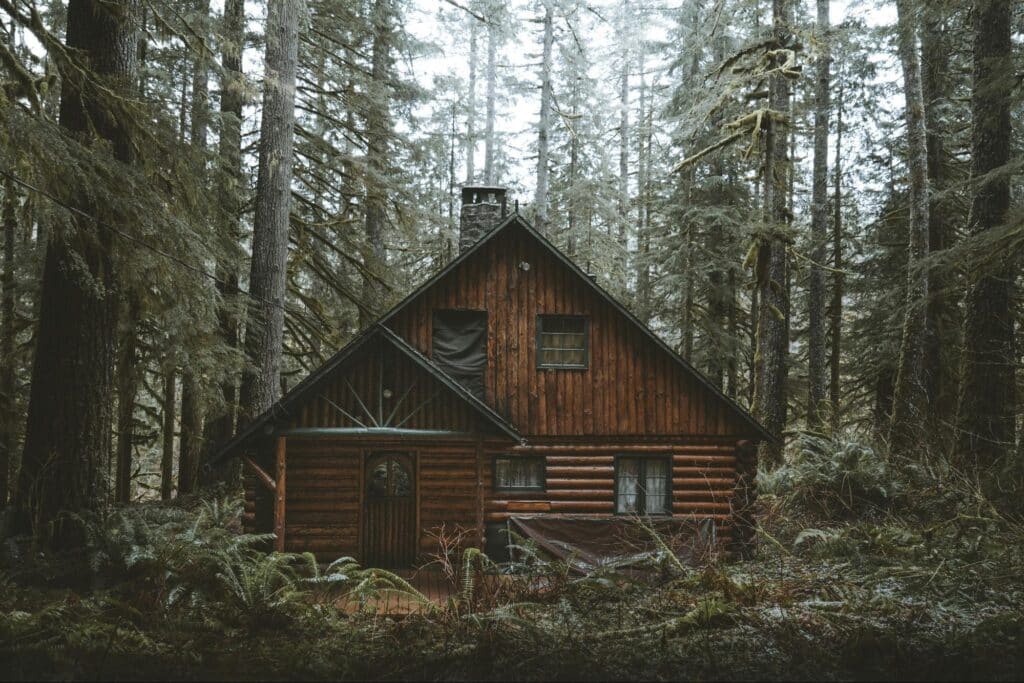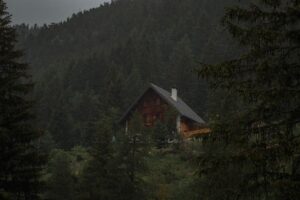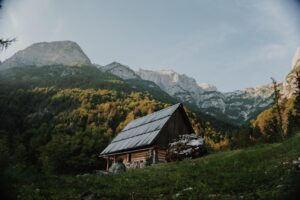
Embracing the rustic beauty and tranquil vibes of the North Carolina mountains can be a life-changing decision. Purchasing a cabin in this picturesque region may be a dream come true for many, promising a serene getaway or a permanent retreat to nature’s lap. With a myriad of factors to consider, such as location, cost, building regulations, and lifestyle changes, prospective buyers need a comprehensive guide to navigate the process. In this article, we will dive into every aspect you need to consider for cabins in NC mountains for sale.
Understanding the Appeal of Mountain Cabin Ownership
The allure of owning a mountain cabin in North Carolina goes beyond the breathtaking views and serene environment. For many, it’s an escape from bustling city life, a chance to connect with nature, or an opportunity for a lucrative investment with potential rental income. The seasonal changes in the mountains provide a stunning backdrop for a variety of outdoor activities including hiking, fishing, and skiing, ensuring your cabin is a year-round haven.
Before embarking on your purchasing journey, it is important to reflect on what kind of cabin experience you are looking for. Are you envisioning a cozy weekend retreat, a summer residence, or a fully-equipped year-round home? This vision will dictate not just your location choice, but also the features and size of the cabin you seek.
One critical aspect to consider is the access to local amenities and services. While seclusion can be charming, practicalities such as grocery stores, medical facilities, and connectivity are important. Moreover, understanding potential weather challenges and preparation for them is key for owning a cabin in higher altitudes.
Evaluating the Best Locations for Your North Carolina Mountain Cabin

Finding the right location is paramount when seeking a cabin in the NC mountains. Areas such as the Blue Ridge Parkway, known for its sweeping vistas and proximity to national parks, are highly sought after. Each region comes with its unique characteristics—while Ashe County offers a blend of art, culture, and outdoor activities, areas like Boone and Blowing Rock are known for a vibrant community life and easy access to modern conveniences.
When evaluating locations, consider the altitude and its impact on accessibility during winter months. Higher elevations may offer spectacular views but could also mean more challenging driving conditions and additional maintenance. It’s also wise to look at proximity to towns or cities to gauge how remote you would like to be. Being closer to urban centers might provide a balance between nature and convenience.
Understanding the Costs and Financing Options for Mountain Properties
The cost of purchasing a mountain cabin can vary significantly based on location, size, and amenities. It is essential to establish a budget early on, factoring in not just the purchase price, but also the ongoing costs such as property taxes, insurance, utilities, and maintenance. Additionally, assess the potential for value appreciation or rental income generation which might offset some expenses in the long term.
Financing a cabin can be different from other types of residential property. Lenders may have specific requirements for “non-traditional” housing, including larger down payments or higher interest rates. Exploring various financing options, including mortgages, personal loans, or owner financing, can provide a clearer picture of what you can afford. Pre-approval for a loan will also strengthen your position as a buyer.
Consider also the impact of economic factors on the property value. The real estate market can fluctuate, and mountain properties may have different trends compared to urban real estate. Consulting with a real estate agent who specializes in mountain properties can offer tailored financial advice and insights into the current market conditions.
Key Considerations for Seasonal and Year-Round Mountain Living

The decision to use your mountain cabin seasonally or as a year-round residence will greatly affect how you approach your purchase. If you’re planning to use the cabin for certain times of the year, considerations around security measures, maintenance during off-seasons, and potential for renting out the property when it’s vacant should be on your list. Setting up a local property management service can ensure your cabin is well-maintained and secure throughout the year.
Year-round living presents a different set of considerations, including ensuring the cabin is insulated and equipped for all seasons. Regular access to amenities and essential services, the quality of local schools, and community involvement become more pertinent when living in the mountains full-time. Establishing a strong support system and familiarizing yourself with the local community can enrich your experience significantly.
Overall, buying a cabin in the NC mountains comes down to thoughtful consideration of various factors unique to mountain property ownership.